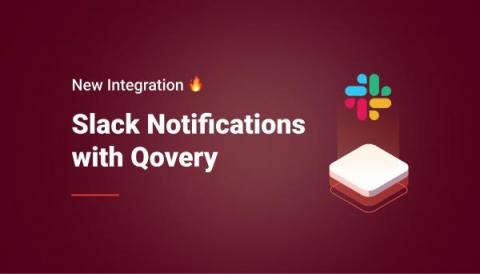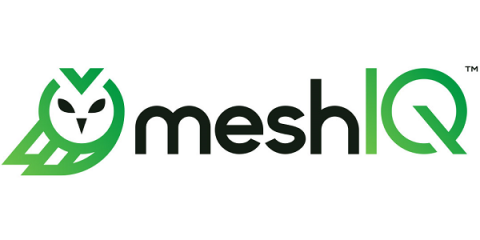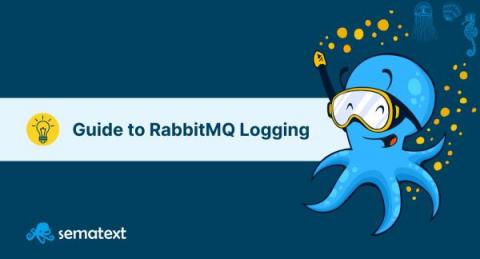Mattermost Playbooks How-to: Software Feature Development
For teams that follow a structured build and release cycle, having a reliable, shared workflow makes the difference between chaos and consistency. With every new feature in development the team needs to know what the specs are, how it fits in the roadmap, what the customer feedback was, where to find the repository, who is responsible for each step, and so much more.










